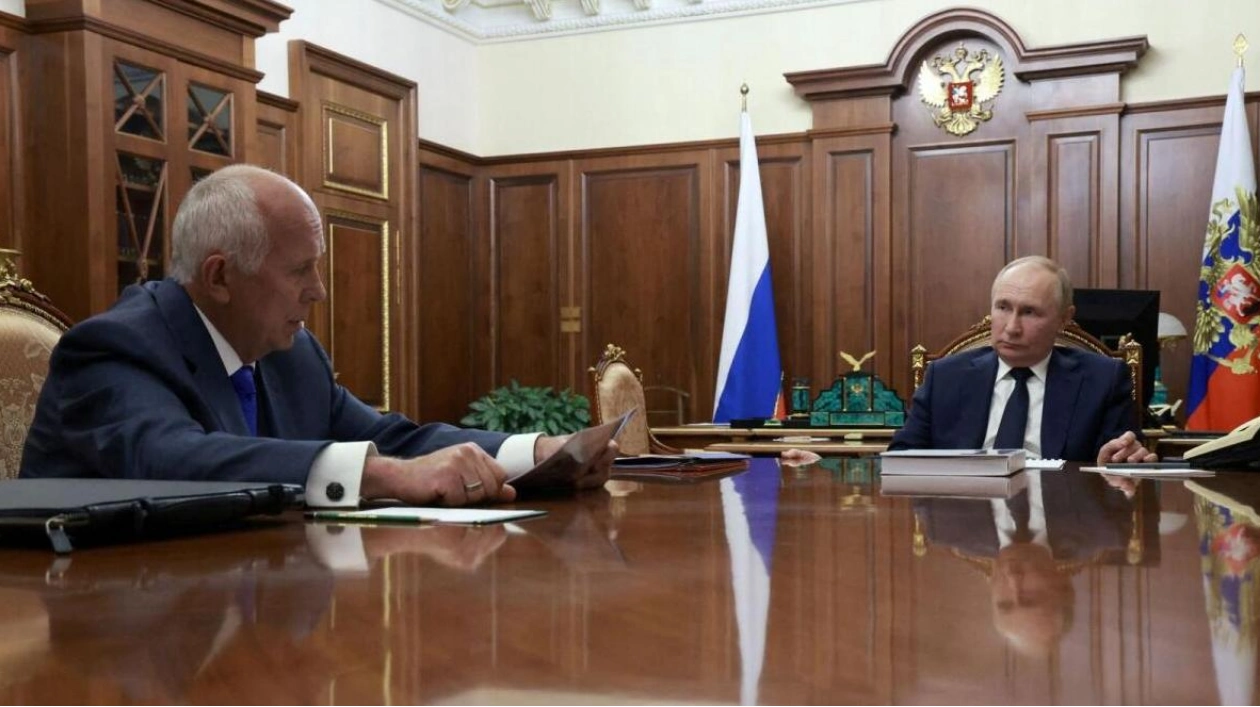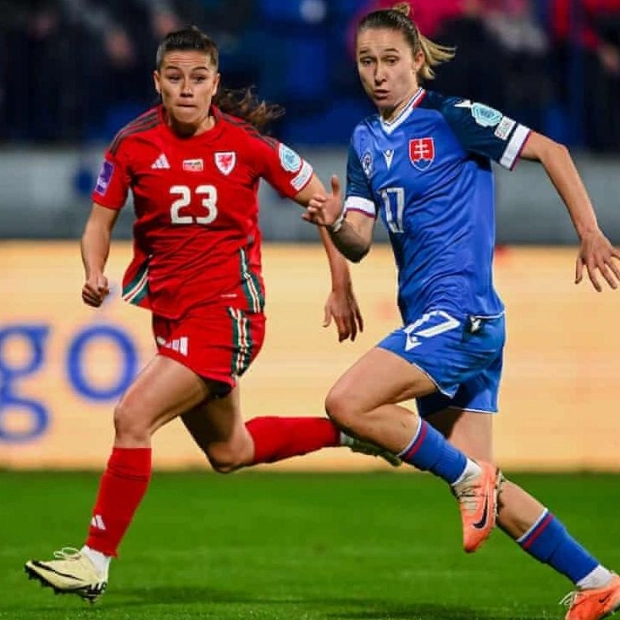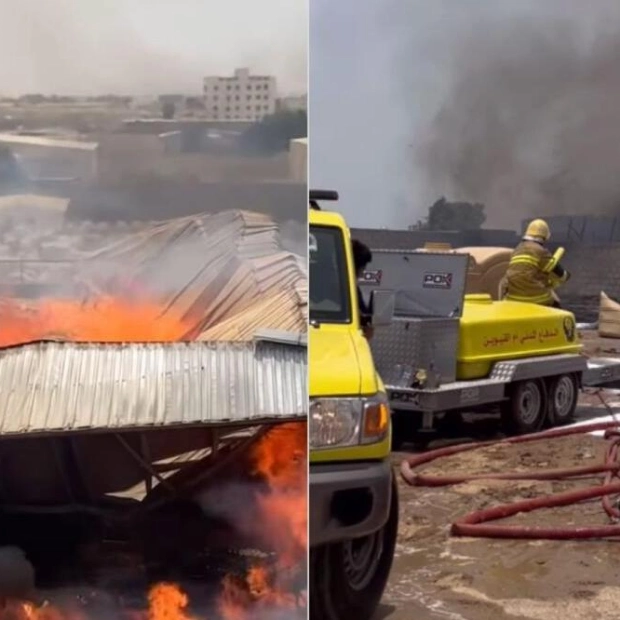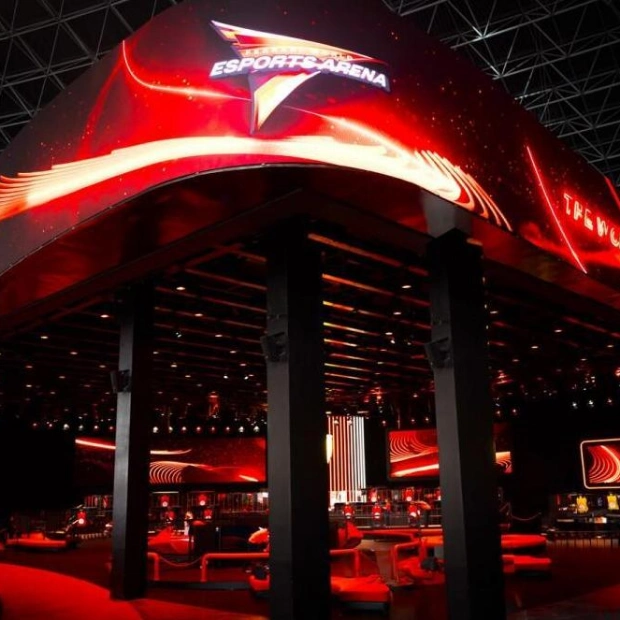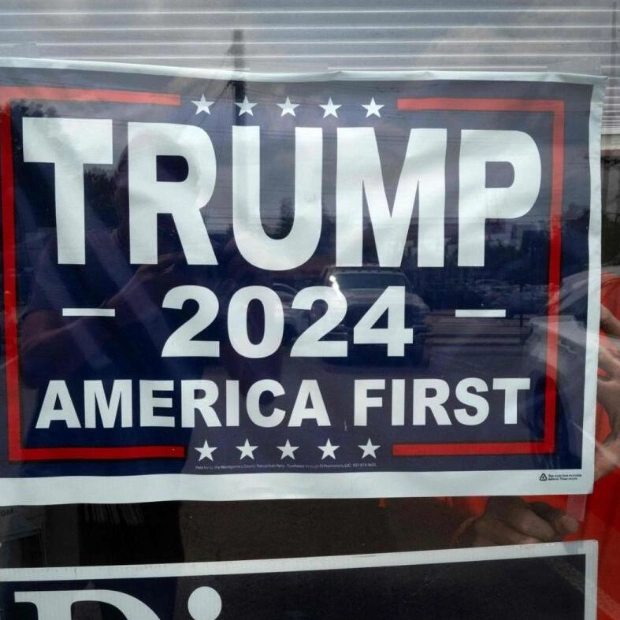Sergei Chemezov, a close confidant of Russian President Vladimir Putin, warns that the United States and its Western allies could spark a global conflict if Washington persists in escalating the situation in Ukraine and permits Kyiv to assault Russian territories. In an exclusive interview with Reuters, Chemezov provides a glimpse into the strategic considerations within Putin's inner circle, particularly after Ukraine's unexpected incursion into Russia's Kursk region. Putin has vowed a robust response, though the specifics remain undisclosed.
Chemezov, the CEO of Rostec, a major supplier of military hardware for Russia's ongoing conflict, asserts that Russia is well-equipped and confident, having sustained its special military operation in Ukraine for over two years. He underscores the Kremlin's stance that the ongoing war is fundamentally a confrontation between Russia and the West. "With the West, led by the United States, inciting conflict, readiness is imperative," Chemezov states in written responses. "As we enter the third year of the special operation, Russia's confidence remains unshaken."
He points out that no definitive timeline for the war's conclusion exists and accuses the US of fueling the conflict by arming Ukraine and enabling attacks on Russian soil. "The longer this continues, the higher the danger of a worldwide conflagration. It's perplexing, yet Western nations appear oblivious to the gravity of this situation for themselves," Chemezov cautions. These insights come from a former KGB general who served alongside Putin in East Germany during the Soviet era.
Last week, Putin declared that Russian forces would expel Ukrainian troops from Russian territory, although they still occupy parts of it. In June, he threatened to station conventional missiles near the US and its European allies if they continued to support Ukraine's long-range attacks. Putin views the Ukrainian conflict as a critical struggle against a waning and morally bankrupt West, which he believes has encroached upon Russia's traditional sphere of influence since the fall of the Berlin Wall in 1989.
The West, which has provided substantial military aid to Ukraine, refutes Moscow's narrative of the war, viewing it as an unprovoked territorial expansion by Russia. Moscow alleges that the West was complicit in planning Ukraine's assault on the Kursk region, a claim denied by Western powers aiming to prevent direct confrontation with Russia. Meanwhile, the economic impact of sanctions on Russia is a topic of debate.
Chemezov, 71, who faces sanctions from the US and the EU following Russia's annexation of Crimea in 2014, dismisses claims of widespread shortages in Russian markets due to sanctions and increased military expenditures. "Visit any Russian supermarket and you'll find everything in order," he asserts. "Russia possesses ample 'cannon' and has significantly boosted weapon production."
The sanctions have disrupted supply chains, prompting Rostec to adjust timelines for the Yakovlev MC-21 airliner and substitute around 40 imported components in the Superjet-100. However, Chemezov maintains that these challenges are not insurmountable for Russia or Rostec. He anticipates a significant increase in Rostec's workforce this year, viewing the exit of Western companies like Boeing and Airbus from the Russian market as a strategic opportunity.
"We've navigated the primary challenges, leveraged the situation to our advantage, and drawn essential lessons. One such lesson is clear: no more collaborative ventures predicated on trust with Western nations," Chemezov concludes. Despite a decline in its global market share due to the Ukraine war, Russia remains the world's third-largest arms exporter, according to the Stockholm International Peace Research Institute (SIPRI).
Chemezov predicts that defense industries will remain a vital economic contributor to Russia even post-Ukraine conflict. Although arms exports have decreased, indications of substantial deferred demand from abroad exist, partly because Russian weapons have proven their efficacy in the Ukrainian theater. "Our allies are understanding and willing to wait," Chemezov notes, though he does not specify which countries. "There's already a substantial line of those awaiting our products."
